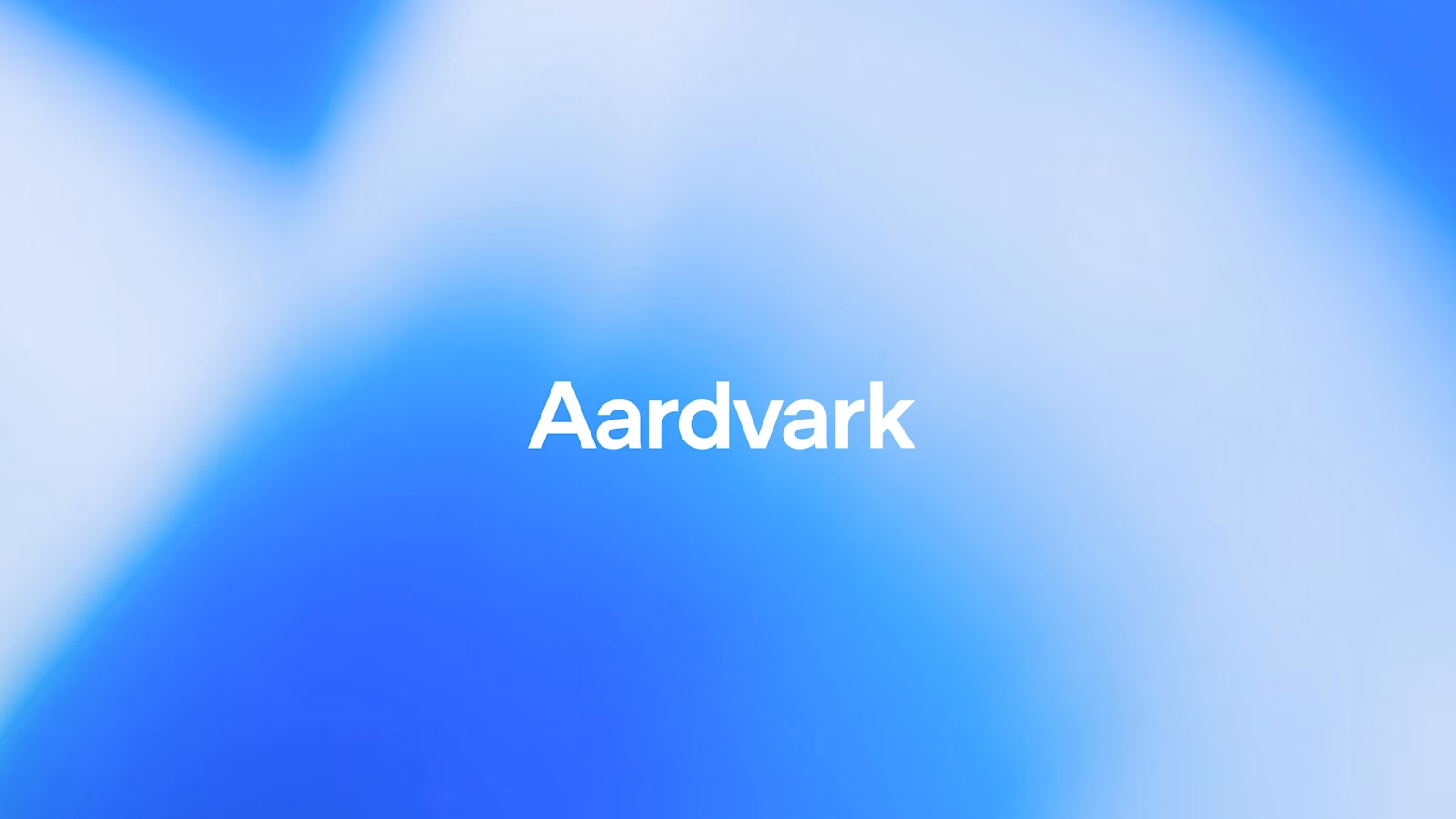OpenAI Unveils Aardvark: A GPT-5 Powered Agent Revolutionizing Cybersecurity Research
OpenAI has officially unveiled Aardvark, a groundbreaking GPT-5 powered agent designed to conduct autonomous cybersecurity research. Launched on October 30, 2025, the tool is currently in a private beta phase, offering select organizations and developers early access to its advanced capabilities. Aardvark represents a significant leap in leveraging agentic AI for enterprise security, specifically targeting the automated detection and remediation of software vulnerabilities.
This latest development follows OpenAI's DevDay 2025 event, held earlier in October, where the company showcased its evolving focus on specialized AI agents. Aardvark's debut positions OpenAI squarely in the burgeoning market of AI-driven security solutions, promising to enhance the efficiency of bug hunting and code analysis at an unprecedented scale.
A Deep Dive into Aardvark's Advanced Capabilities
Aardvark stands apart from traditional security tools through its core reliance on OpenAI's state-of-the-art GPT-5 model. This allows for multi-step reasoning chains and the processing of vast amounts of data within a 128K context window, translating to highly sophisticated code analysis. But it's not just about detection; Aardvark's differentiating feature is its capacity for autonomous bug fixing. It leverages GPT-5's reasoning to not only pinpoint security flaws but also to suggest and even apply corrective patches, all while maintaining a "chain-of-thought" process for explainability. That's a huge step forward for automated remediation.
gpt-oss-safeguard – an open-weight model designed to classify and mitigate harmful outputs, ensuring ethical AI usage and reducing the risk of misuse by classifying and mitigating harmful outputs by over 65%. Its multi-modal support, allowing it to handle code, logs, and network data, ensures comprehensive analysis.Industry Reception and Future Implications
The announcement of Aardvark has generated considerable buzz across the cybersecurity community. While the sentiment is largely positive, praising its potential to significantly reduce manual effort and time spent on vulnerability research, some experts also voice caution. Developers on platforms like Reddit and X (formerly Twitter) highlight the tool's promise to drastically cut bug-hunting times for smaller teams. Yet, there remains a healthy skepticism about over-reliance on AI for critical security functions, with concerns raised about false positives in production environments or the potential for AI-generated exploits if mishandled.
Cybersecurity experts acknowledge Aardvark as a potential "game-changer" for autonomous research but emphasize that human oversight will remain paramount to avoid amplifying vulnerabilities. The tool arrives at a critical juncture, as the global cybersecurity talent shortage continues to worsen. Aardvark could address this by automating a significant portion—estimated between 40-60%—of manual security tasks, thereby freeing up human experts for more strategic work.
As Aardvark remains in private beta, specific pricing details haven't been released. However, industry observers anticipate a tiered usage model consistent with OpenAI's GPT-5 API. While no general availability date has been set, a wider public preview by November 2025 or early 2026 seems plausible, aligning with OpenAI's rapid deployment strategy. The company is also navigating regional regulatory landscapes, particularly the EU AI Act, which could influence its rollout in European markets. This specialized GPT-5 agent clearly marks a new frontier for OpenAI, embedding its advanced AI directly into the fabric of enterprise security.
